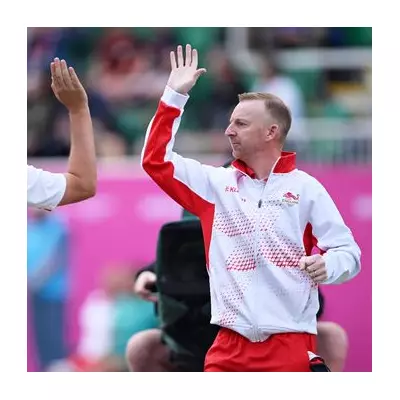
In the shadow of Paris Saint-Germain's Qatari-funded dominance, Stade Rennais is crafting an alternative blueprint for success in French football that prioritises long-term stability over short-term extravagance.
The Rennes Revolution
Under the steady guidance of manager Habib Beye and the strategic ownership of the Pinault family, the Brittany club has developed a compelling model that proves financial prudence needn't sacrifice competitive ambition.
"We're building something sustainable here," Beye explained in a recent interview. "While others chase instant success with massive spending, we're creating a foundation that will keep Rennes competitive for years to come."
Financial Foundations
The club's approach rests on several key pillars:
- Strategic recruitment: Focusing on developing young talent rather than expensive established stars
- Wage structure discipline: Maintaining sensible salary levels that don't jeopardise the club's future
- Infrastructure investment: Continuous improvement of training facilities and youth development systems
- Commercial growth: Building revenue streams that support sustainable football operations
Challenging the Establishment
What makes Rennes' approach particularly compelling is their ability to remain competitive while adhering to their principles. Despite operating with significantly smaller resources than PSG, they've consistently punched above their weight in Ligue 1.
"People underestimate the power of stability," Beye noted. "When players, staff, and supporters all buy into a long-term vision, you create an environment where success can flourish organically."
The Pinault Perspective
The Pinault family's ownership has been crucial to implementing this vision. Rather than seeking quick returns or flashy signings, they've backed a strategy that values gradual, sustainable growth.
This patient approach has won praise from football analysts who see Rennes as a model for how mid-sized clubs can thrive in an era of financial polarisation.
Blueprint for the Future
As financial fair play regulations tighten and the football world grapples with sustainability questions, Rennes' model offers a compelling alternative to the boom-and-bust cycles that have plagued many clubs.
Their success demonstrates that while money certainly helps in modern football, strategic planning, clear vision, and organisational stability can level the playing field in surprising ways.
For clubs across Europe looking to build lasting success without risking financial ruin, the road to sustainability might just run through Brittany.





